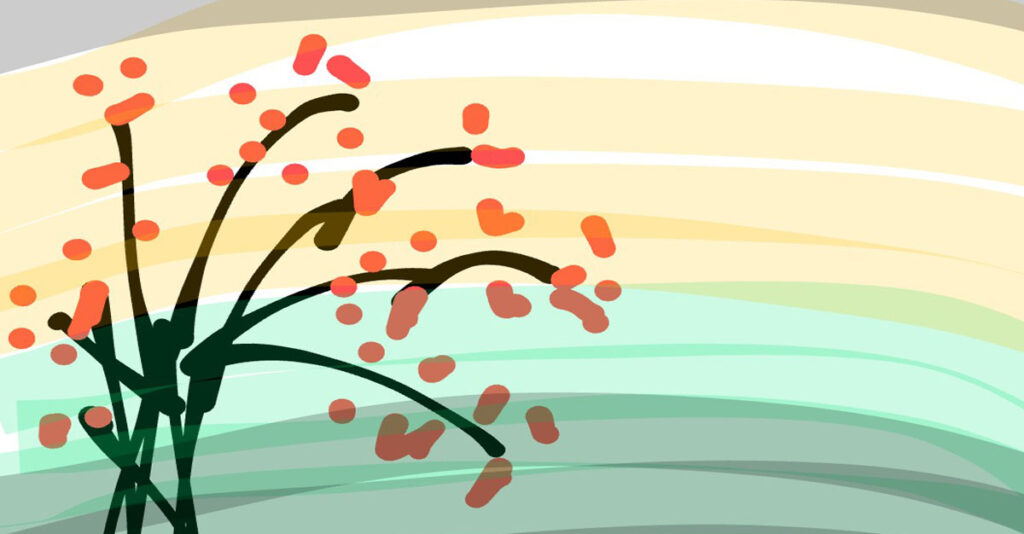Cooperation of readers, writers and the editors has smoothly brought PWF to its third year of publication. These three pillars of the magazine have equal share of credit for the growth and development in the last three years. All our poets, writers and translators have contributed in earnest. The editors has tried to bring variety to the contents by introducing articles on poets and poetry, interviews, reviews of poetry collections and write-ups from poets about why they write. During these years, the responses from the readers was inspiring. Many of our readers have expressed desire to see the magazine in print. Many others have given us suggestions to shorten the duration of the publication. The editorial board has given serious attention to such suggestions.

Experience of the last two years has convinced us that poetry has a wide reading public. The problem is that the right poem and the collection of poems have not reached the readers. The result is that the people interested in poetry also stay away from it. To draw the attention of the readers, the poets must interact with best prose and find out their ways of putting things across to the readers. The poets should avoid trying not to communicate by making things unnecessarily difficult. The poets should be critics of their own poems. They should know themselves whether they are building on sand or stone. They should attentively listen to what their readers and critics say. They need not be swayed by either praise or blame. A good poem can stand interpretations in different ways. Creative and critical perceptions are not opposed to each other, they are complementary.
In this issue we have included two long conversations, one in English and the other in Assamese. In one of the conversations, renowned academic and critic Professor Bibhash Choudhury shared his insights on contemporary Assamese poetry and criticism. In another conversation, renowned translator Nirendranath Thakuria shared his thoughts on translating poetry. Both are insightful and thought-provoking conversations. We hope that it will enable upcoming poets, critics and translators to understand the art and the craft of poetry, criticism and translation.